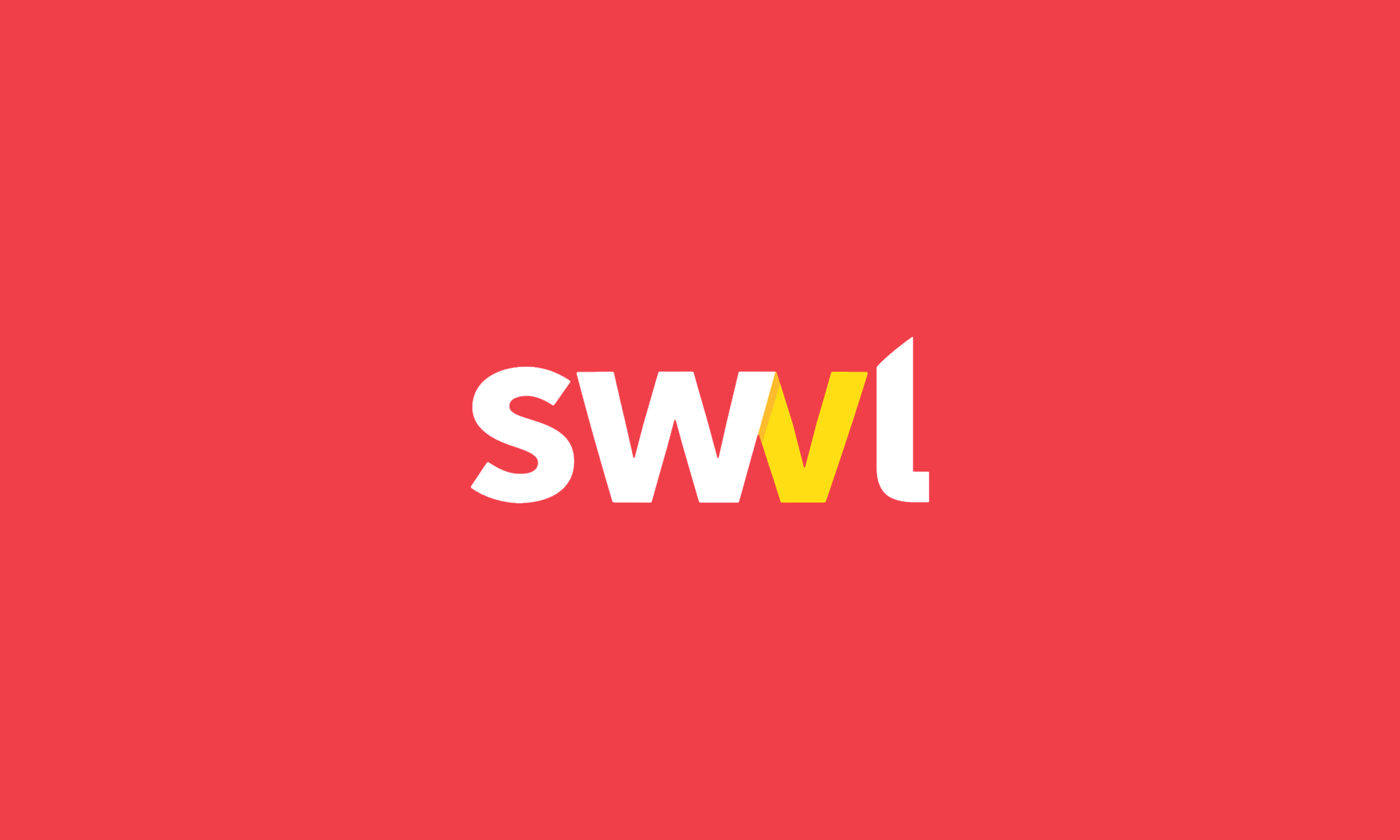News
SWVL Plans To Lay Off Around 400 Employees
The announcement of the layoff didn’t mention how the decision would affect SWVL’s planned expansion to Colombia, Mexico, South Africa, and the United States.

SWVL, a Dubai-based provider of technology-enabled mass transit solutions, has announced its plan to lay off 32 percent of its workforce (around 400 employees) to better cope with the new economic reality the company has found itself in over the past several weeks.
Since SWVL listed its shares this March on the Nasdaq through a merger with women-led blank check company Queen’s Gambit Growth Capital, its valuation has dropped from $1.5 billion to $500-$600 million.
SWVL is just another name on the growing list of companies that have been negatively affected by the current global economic downturn. Even though the company hopes to become profitable again next year, it sees the layoff as the only way forward.
“Over the past few weeks, Swvl has been hit like others across the globe with changes to its financial realities. While change is often unexpected, we believe that any attempt to resist it instead of adapting to it will prove futile,” says SWVL CEO Mostafa Kandil. “Today, with the current global economic downturn, as much as we did everything we could to put people first, we now know that we are not able to keep everyone unimpacted.”
Despite the major setback, SWVL is determined to keep developing its proprietary technology stack and building on its recent acquisitions, which include TaaS and SaaS businesses Argentina’s Viapool, Turkey’s Volt Lines, Spain’s Shotl, and Germany’s door2door.
Also Read: How To Find Remote-Only Tech Jobs In 2023
The announcement of the layoff didn’t mention how the decision would affect SWVL’s planned expansion to Colombia, Mexico, South Africa, and the United States. Currently, SWVL operates in Argentina, Egypt, Germany, Italy, Japan, Jordan, Kenya, Pakistan, Saudi Arabia, Spain, Switzerland, Turkey, and the UAE.
Other technology-enabled companies that have recently announced layoffs include online payment and checkout platform Bolt, German on-demand grocery delivery company Gorillas, and Swedish fintech provider of online financial services Klarna.
News
Mamo Completes $3.4M Funding Round To Enhance Fintech Services
The startup will use the influx of cash to expand into Saudi Arabia and across the wider GCC while improving its product offering.

UAE-based fintech Mamo has announced the completion of a $3.4 million funding round that will help the startup extend its market presence and improve its product offering. Investors included 4DX Ventures, the Dubai Future District Fund and Cyfr Capital.
Mamo’s platform offers “payment collection, corporate cards and expense management” to help small and medium-sized businesses consolidate and streamline their operations. With the latest influx of capital, Mamo will further develop its comprehensive suite of services and begin testing its product lines in Saudi Arabia, further extending its footprint across the GCC.
Imad Gharazeddine, co-founder and CEO of Mamo, stated: “We’ve been in the market for a while now and are incredibly proud of what our team has achieved. The holistic and expansive nature of our product offering has helped us continue to grow sustainably. This additional funding will allow us to reach our medium-term goals even faster. The support from new and existing investors is a testament to our strong expertise and the ability to deliver on our customer promise”.
Daniel Marlo, General Partner of lead investor 4DX Ventures, added: “We have immense trust in Imad’s vision, leadership and Mamo’s innovative approach to provide a user-friendly and comprehensive financial solution for SMEs that makes financial management more accessible and efficient. We are proud to partner with them and support their mission”.
Also Read: A Guide To Digital Payment Methods In The Middle East
Amer Fatayer, Managing Director of Dubai Future District Fund’s investment team, also commented: “Mamo’s localized product lines serve as an infrastructure for SME payments and spend management in UAE, a segment that is underserved by the country’s current banking infrastructure. The team has taken a product-first approach to consolidating SMEs’ financial journeys and building a fintech solution deeply embedded in a business’s core operations”.
To date, Mamo has raised around $13 million in investment funding and now boasts a team of 30 people. The company’s intuitive financial services platform has allowed over 1,000 businesses to consolidate their financial operations and significantly reduce payment fees.
-

 News4 weeks ago
News4 weeks agoAmazon Prime Day 2024: Get Ready For 6 Days Of Amazing Deals
-

 News4 weeks ago
News4 weeks agoSamsung Unpacked 2024: What To Expect From The July 10 Event
-

 News4 weeks ago
News4 weeks agoCoursera Report Shows Surge In UAE Interest In AI Upskilling
-

 News4 weeks ago
News4 weeks agoMeet Dubai’s Groundbreaking Smart Robot Delivery Assistant










